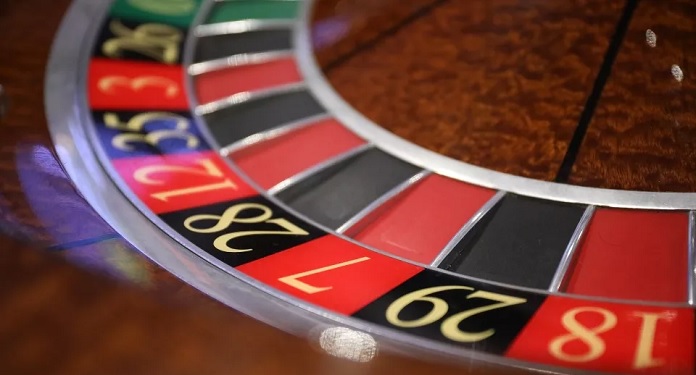The proposal to legalize betting approved in the Chamber of Deputies determines the conditions for at least 292 bookies, 33 casinos and 1,420 bingos to be allowed to operate in the national territory. The determination of the number of licenses to be offered counts as the main factor the population of the state or city where the gambling houses will be located.
However, the number of casinos may grow more depending on the permission of ships with the structure for gambling and installation in hotels. The proposal will still be evaluated by the Senate and to become law depends on the presidential sanction of Jair Bolsonaro (PL).
According to the rule approved last Thursday, the 24th, there will be three casinos in states with more than 25 million inhabitants, which makes only São Paulo have the possibility of this number of gambling houses. States with more than 15 million and up to 25 million, Rio de Janeiro and Minas Gerais, will have a license for two and, in the other states and the Federal District, with a population of up to 15 million, a license will be granted.
However, this rule does not include Pará and Amazonas, which will have one more license than the only one because the rule decides to consider the territorial extension of the states and not only the population. Regarding bingos, the rule establishes one establishment for every 150,000 inhabitants. The capital of São Paulo, for example, could have 82 licensed establishments and, in Rio de Janeiro, there would be another 45.
Casinos and bingos have already operated legally in Brazil
It is worth remembering that casinos and bingos have already operated legally in the country. Casinos were banned in 1946 by President Eurico Gaspar Dutra, which led to the closing of dozens of gambling houses across the country. Bingos were suspended in 2004 by a provisional measure of the government of Luiz Inácio Lula da Silva (PT).
Thus, the animal game is the only activity whose release was approved by the Chamber of Deputies that exists today in Brazil, but unlike the other two, it was never legalized. The practice is classified as a misdemeanor and was created in the late 19th century by Baron João Batista Viana Drummond, in Rio de Janeiro.
Gradually, the animal game spread across the country. In Rio de Janeiro, the operation gained prominence due to the presence of the biggest known animal bankers: Castor de Andrade, Capitão Guimarães, Aniz Abrahão David, Antônio Kalil, the Turcão, among others.
“It’s much smarter to legalize to control, than to leave it clandestine. That’s my position. But in relation to the animal game, it’s a separate case, different from bingo and the casino. bets, but you can’t see what’s behind it,” said Michel Misse, a sociologist and retired professor at the Federal University of Rio de Janeiro, in an interview with Folha de São Paulo.
Legalization of betting will help in the inspection process
According to the professor, the inspection would be much more effective from the regulation. “The police have always benefited a lot from this, without pursuing him and negotiating bribes. The game played a very important role in producing a corrupt police in Rio, a large number of corrupt police officers”, he explained.
“I think they [bicheiros] don’t really like to pay taxes, so it shouldn’t be a very attractive activity for them. They have their game, they have the whole structure set up, they don’t need legalization to exist. more interesting, but here in Rio I don’t know”, he added.
Currently, in Rio de Janeiro, according to the professor, there are ten great bicheiros that dominate their respective territories. He recalled that most of these current operators deal with disputes over regions among themselves.
According to the format approved by the Chamber, the Ministry of Economy will be responsible for establishing the conditions for granting licenses and inspecting the operations of operators. In the view of lawyer Cláudio Timm, the legalization of betting will result in more transparency to the market that exists, but operates outside the law.
“Overall, these requirements described for companies to constitute themselves as gambling operators in Brazil tend to give more transparency and security to the activities of these operators, ensuring greater control by the supervisory body and more reliability for bettors”, he declared.
Also lawyer Fellipe Dias supports the legalization of betting as a way to encourage legal gambling. “It is difficult to say what the practice will be like in all units of the Federation, because we have a country with a lot of diversity in the structure of the public administration itself, depending on the location, state and municipality. However, there will certainly be a disincentive to illegal practices, which will suffer sanctions if identified,” he said.





















































